Nissan have introduced a new drive system called e-POWER, the first time the technology is being made available for consumers.
e-POWER borrows from the electric vehicle technology tried and tested in the Nissan Leaf, the best-selling pure electric cars ever, with more than 250,000 units sold. Unlike the Leaf, e-POWER adds a small petrol engine to charge the high-output battery when necessary, eliminating the need for an external charger while offering the same high output.
The e-POWER system has full electric-motor drive: the wheels are driven only by the electric motor. The power from a high-output battery is delivered to the e-POWER’s compact powertrain, consisting of a petrol engine, power generator, inverter, and a motor. In conventional hybrid systems, a low-output electric motor is mated to a petrol engine to provide drive when the battery is low, or when traveling at high speeds. In the e-POWER system, however, the petrol engine is not connected to the wheels; it simply charges the battery. Unlike a full EV, in e-POWER, the power source originates from the engine and not just the battery.
This sort of system usually requires a bigger motor and battery because the motor is the only direct source to drive wheels. This made it hard for the automotive industry to mount the system in compact cars. However, Nissan have managed to do the seemingly impossible by minimising and reducing weight, developing more responsive motor control methods, and optimising energy management. As a result, e-POWER uses a smaller battery than the Leaf, but delivers the same driving experience as a full electric vehicle.
e-POWER delivers massive torque almost instantly, which enhances drive response and results in smooth acceleration. Also, the system operates very quietly, much like a full EV. Because e-POWER relies on the engine much less frequently, its fuel efficiency is comparable to that of leading conventional hybrids, especially during commutes around town. The e-POWER system allows you to enjoy all the benefits of an electric vehcle without having to worry about charging the battery.
Will the Nissan Leaf make it here? What about the Nissan X-Trail Hybrid? We need to have more appealing green-car regulations and tax benefits before they can really take off. Delhi have FAME, and Maharashtra have zero road tax for full electric vehicles. With uniform norms in place, as well as proper charging infrastructure, we could see a rise in cleaner forms of personal mobility.
Story: Jim Gorde


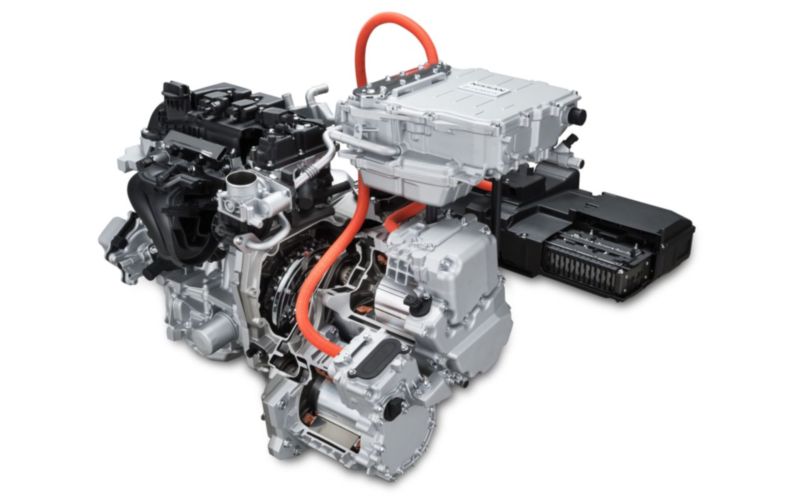
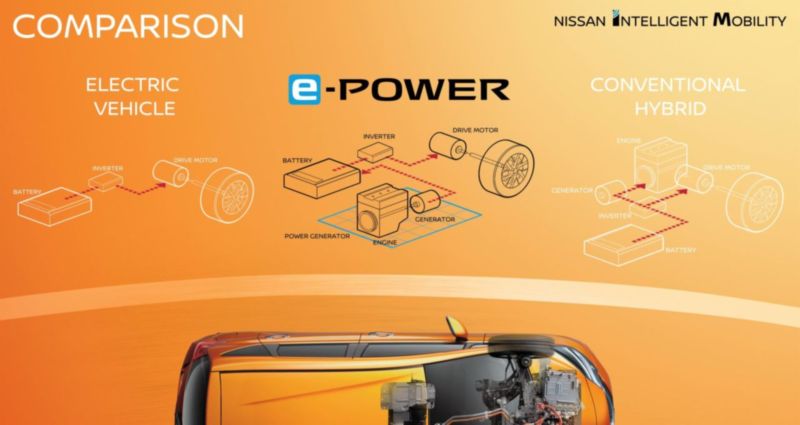


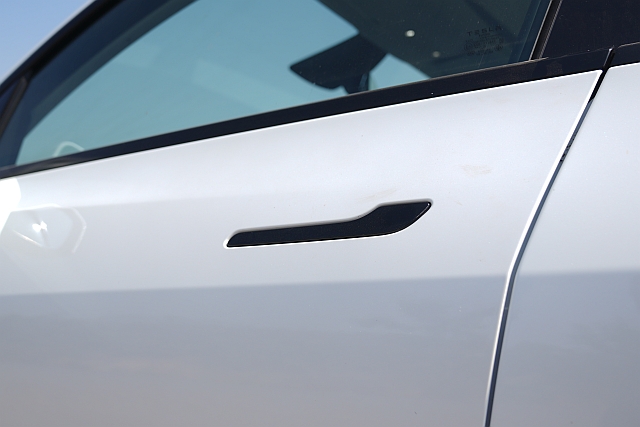

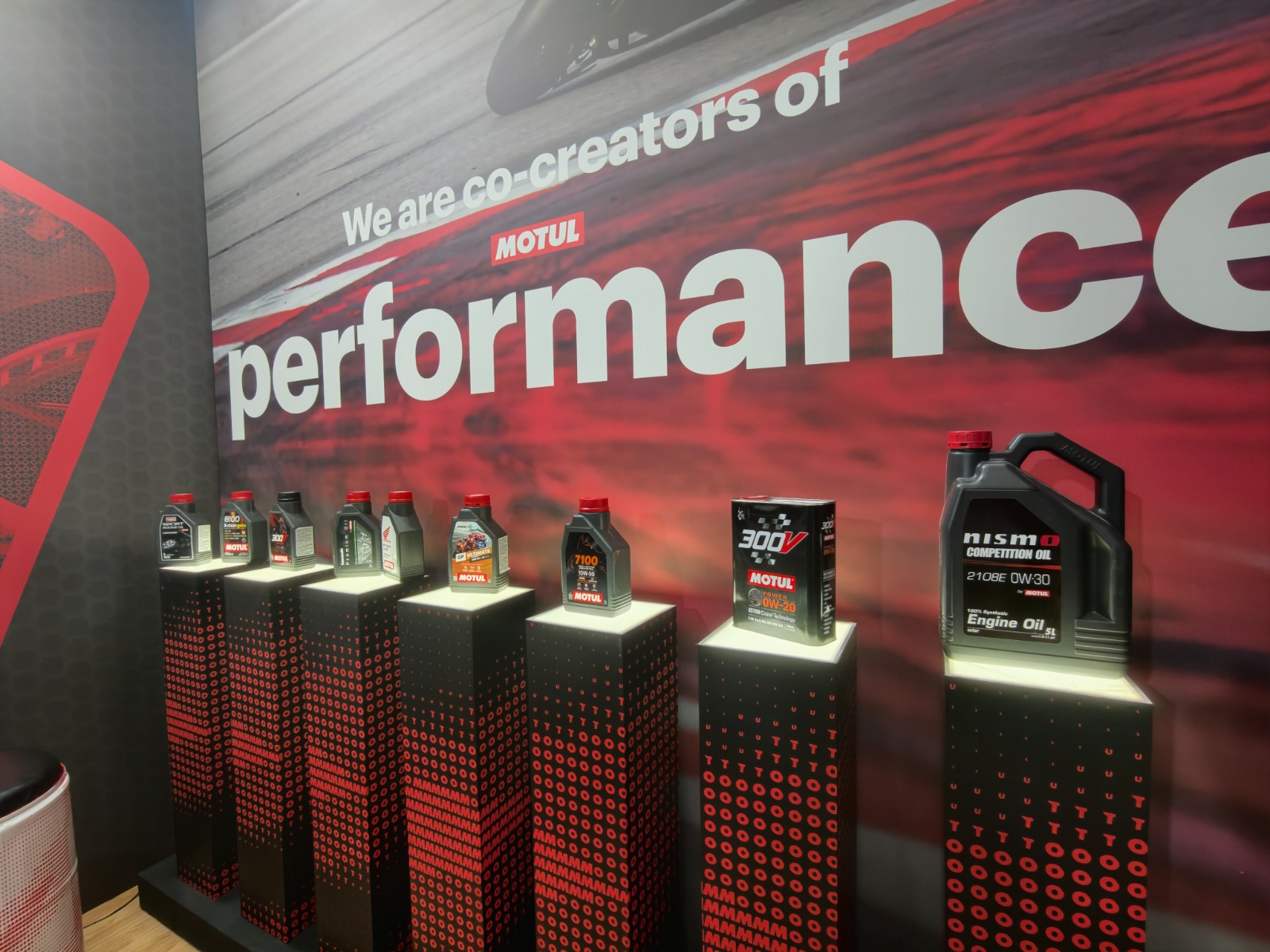
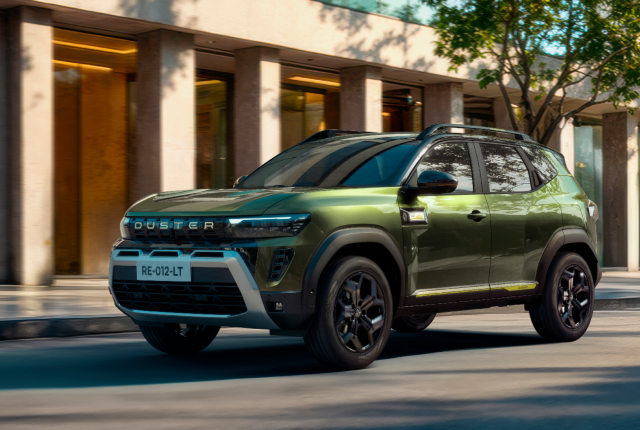

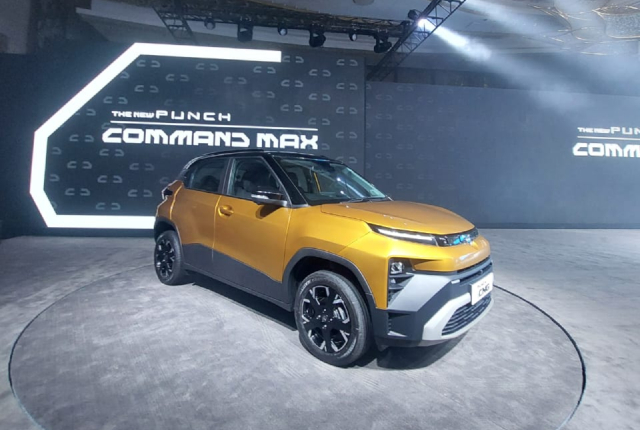


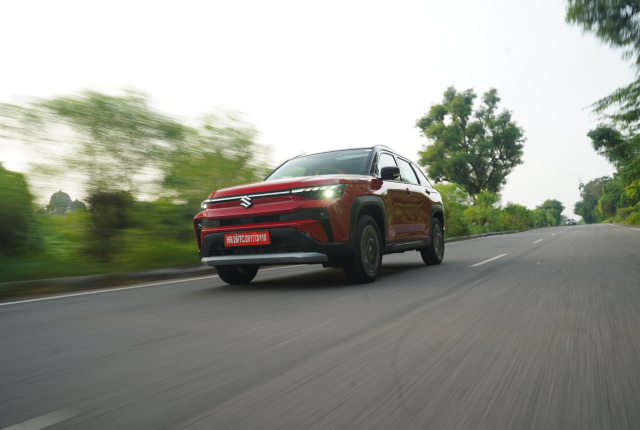
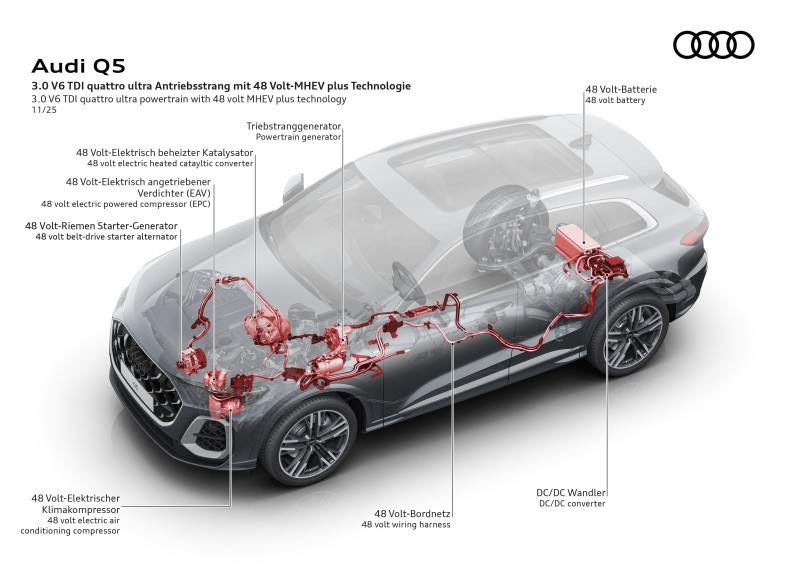
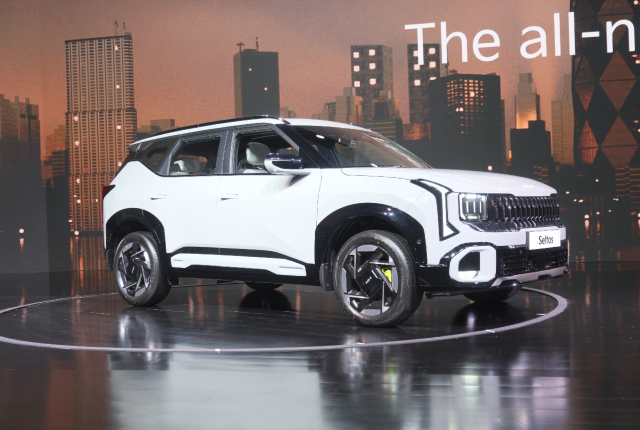
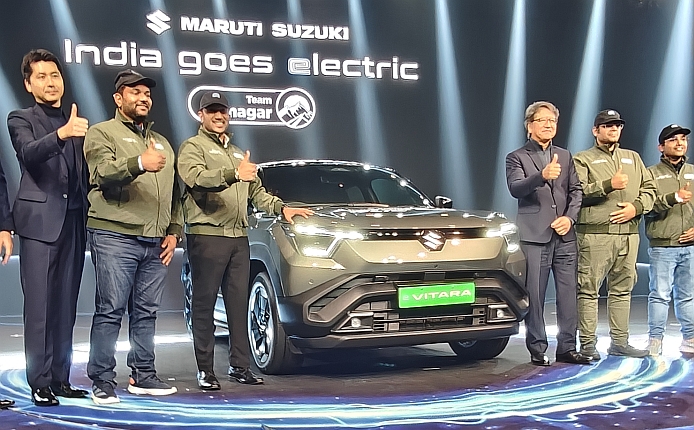
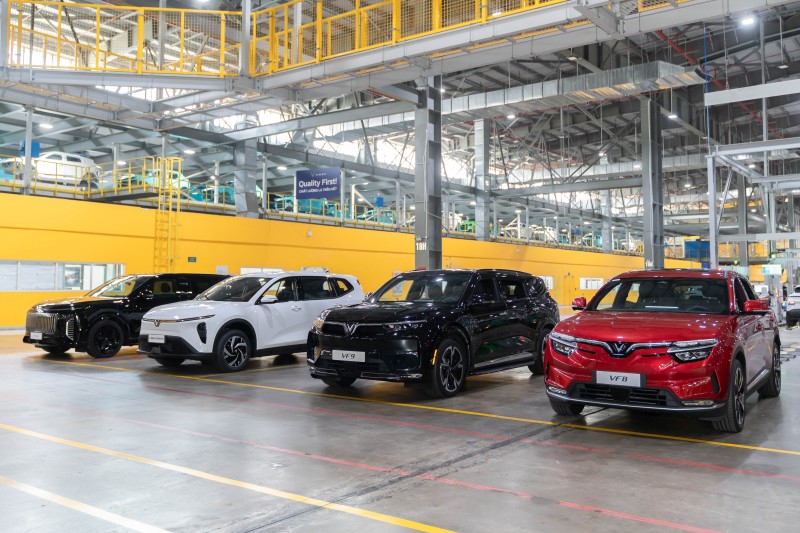
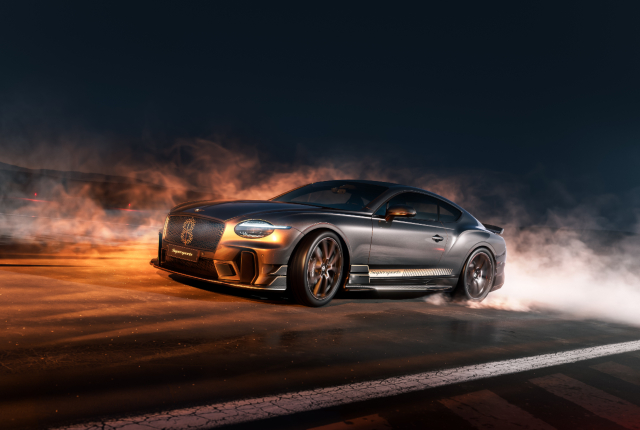
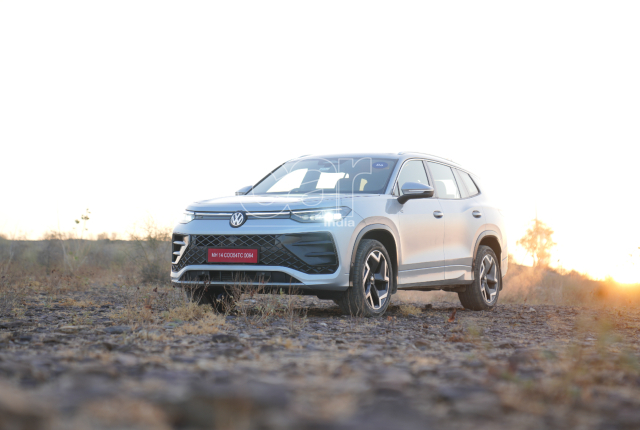

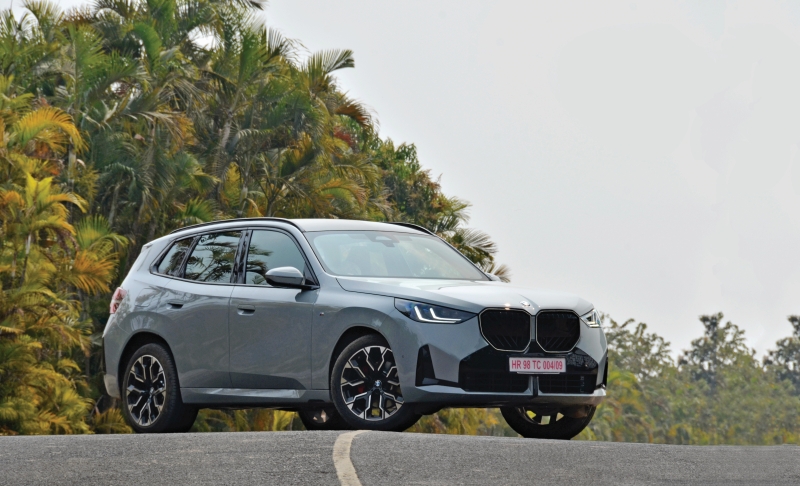

Leave a Reply